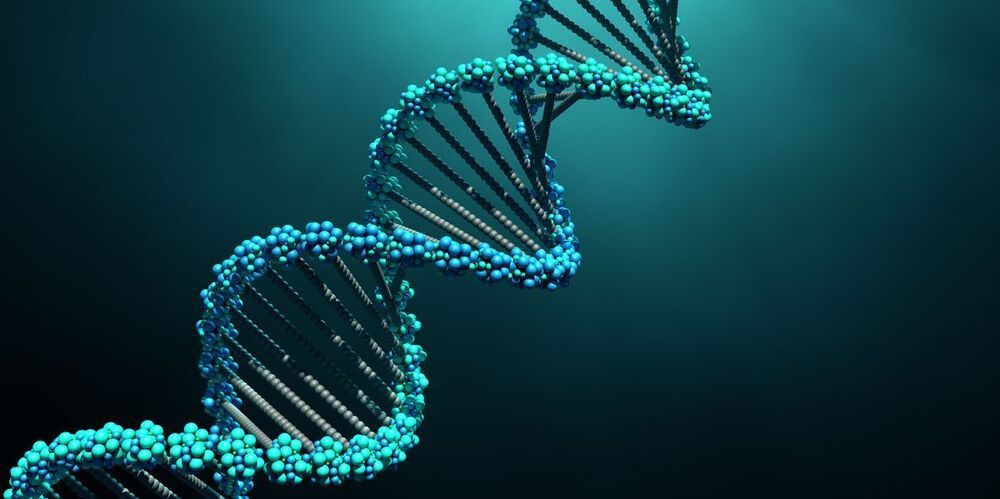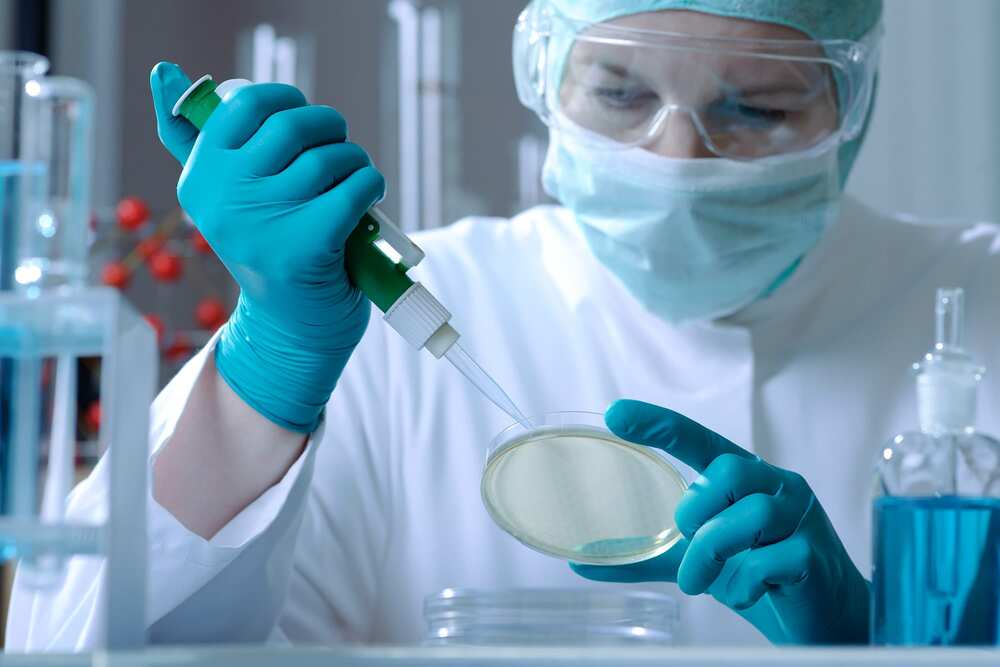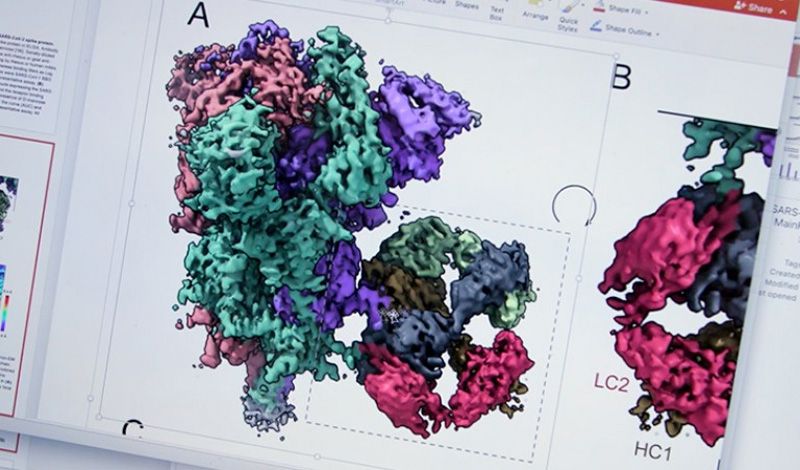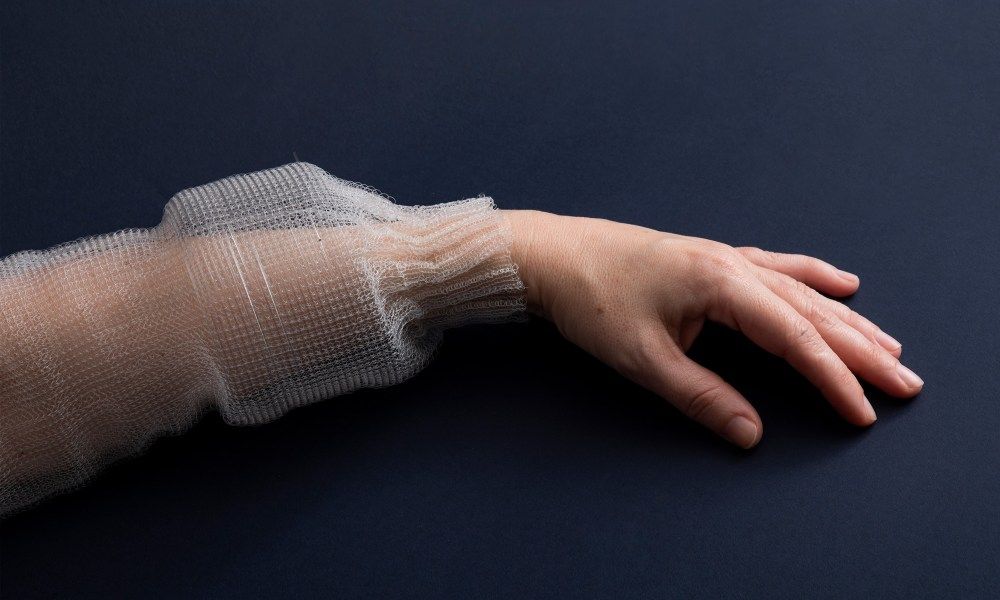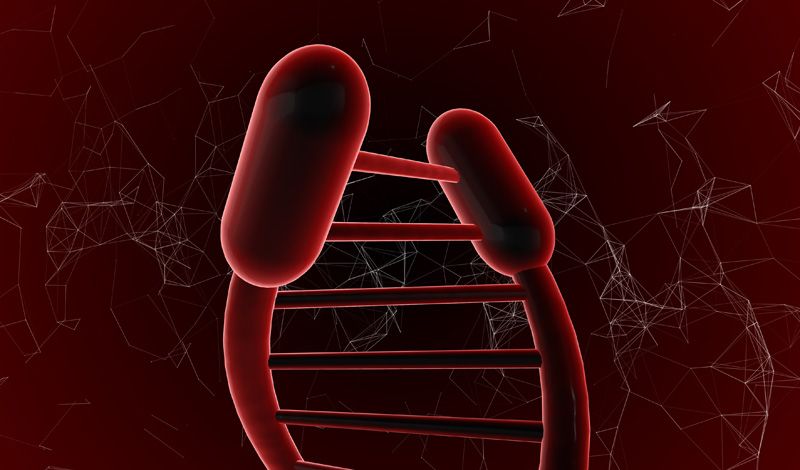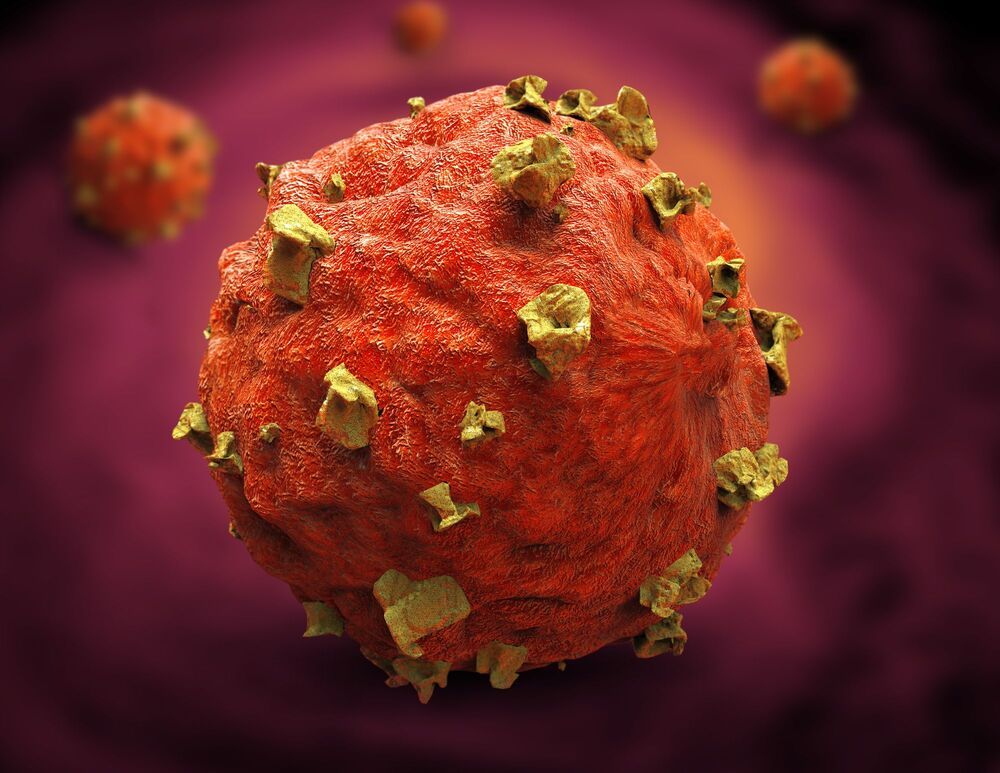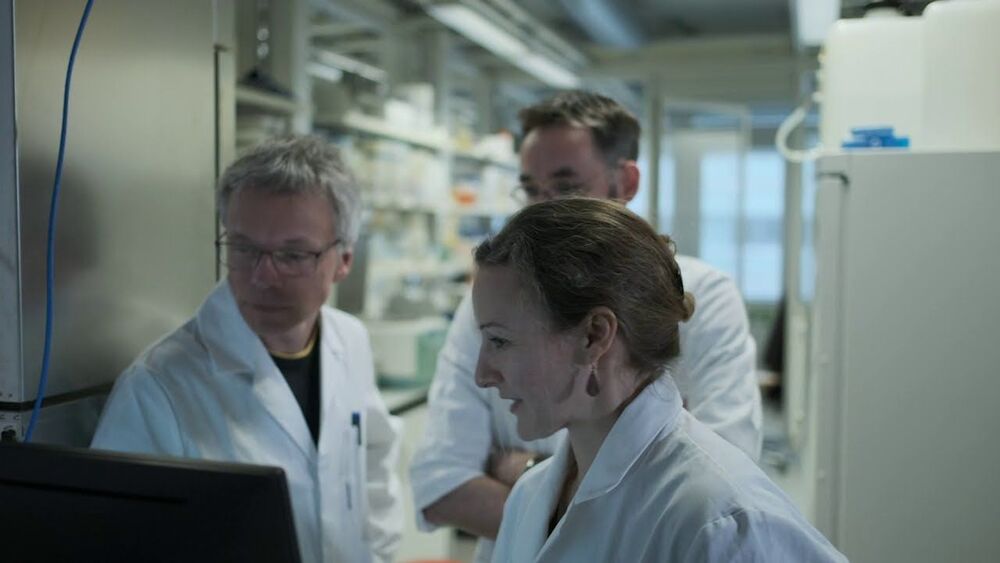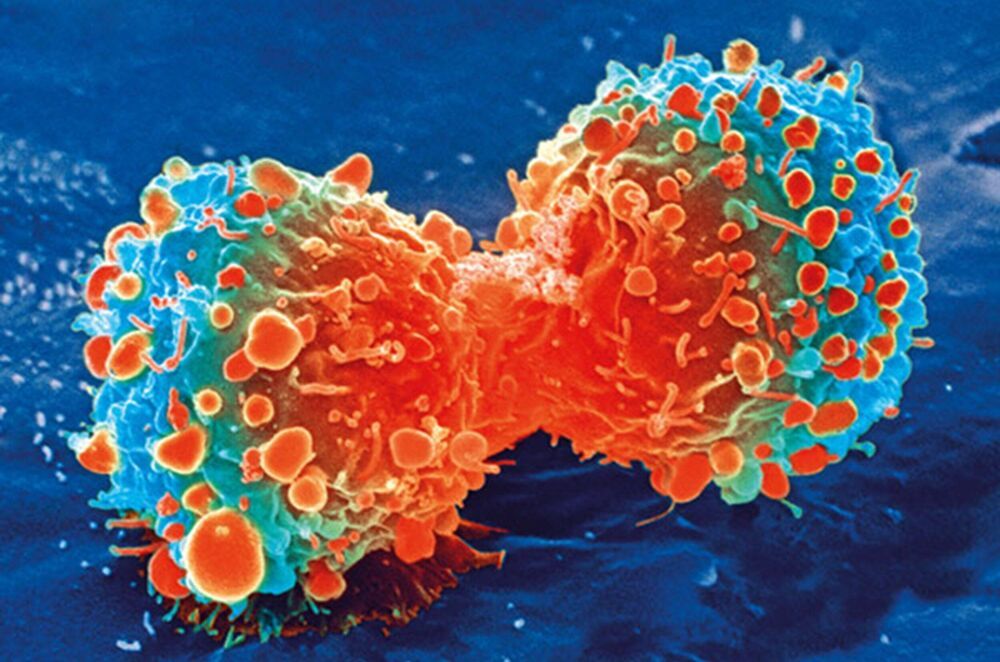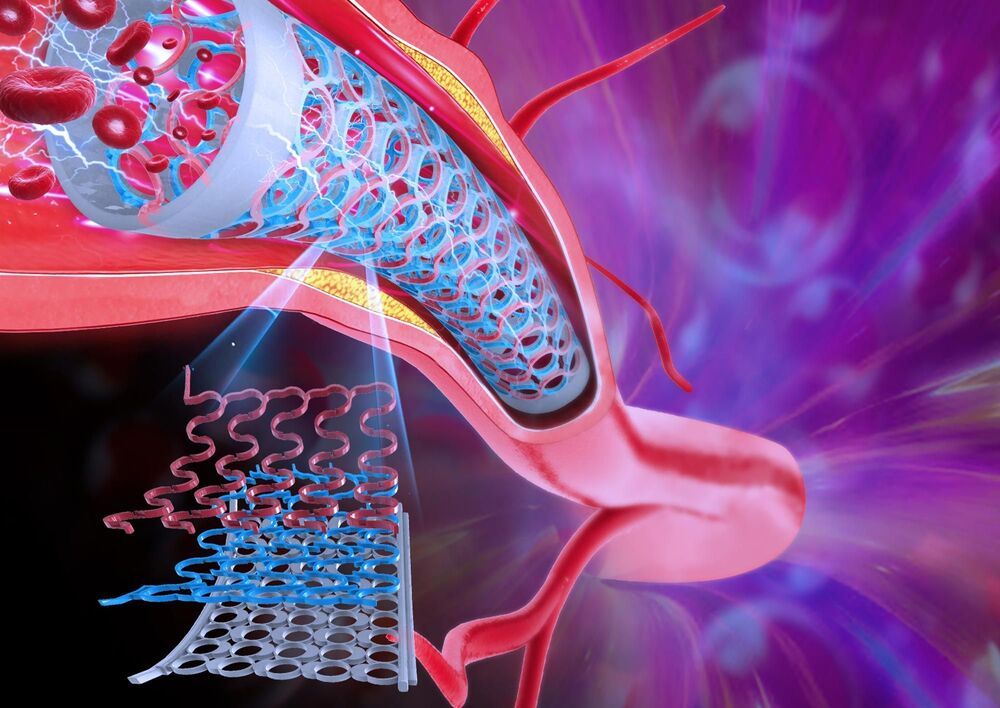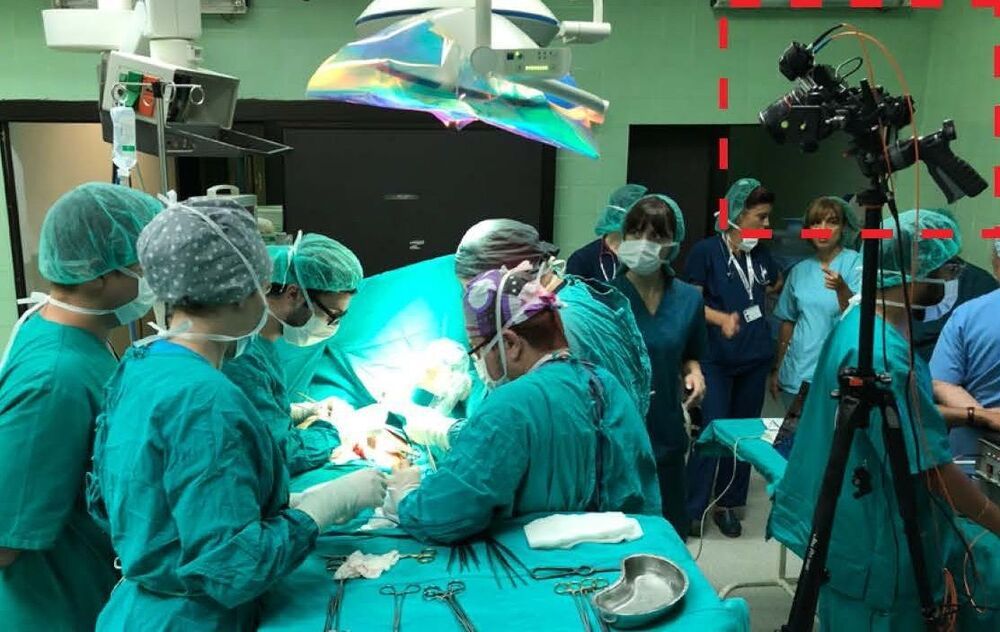Jun 3, 2021
Scientists Say They’ve Finally Sequenced the Entire Human Genome. Yes, All of It
Posted by Genevieve Klien in categories: biotech/medical, futurism
This is a technological triumph.
Twenty-one years ago, researchers announced the first “draft” of sequencing the complete human genome. It was a monumental achievement, but the sequence was still missing about 8 percent of the genome. Now, scientists working together around the world say they’ve finally filled in that reclusive 8 percent.
If their work holds up to peer review and it turns out they really did sequence and assemble the human genome in its entirety, gaps and all, it could change the future of medicine.
